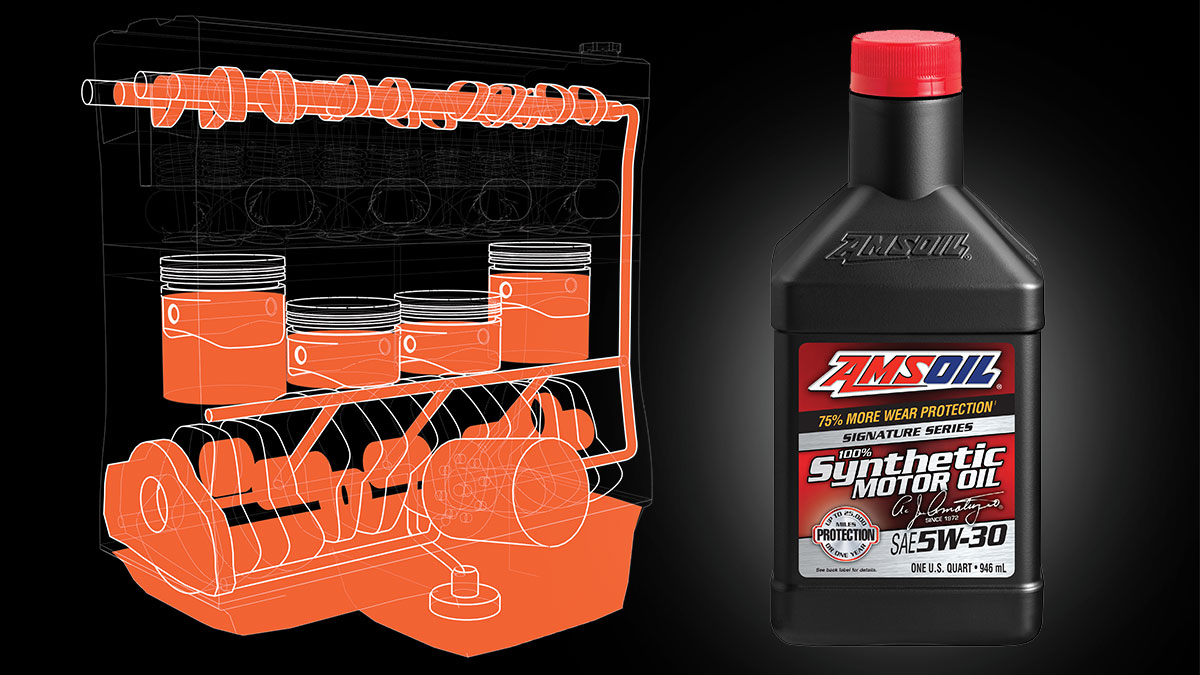Have you ever wondered what keeps your car’s engine running smoothly? The answer lies in a small yet mighty substance: motor oil.
Understanding what motor oil is and why it’s vital for your vehicle can save you time, money, and headaches. Imagine cruising down the highway with the confidence that your engine is in top shape. That peace of mind starts with choosing the right motor oil.
But with so many options available, you might find yourself asking, “Does it matter if I use synthetic oil or not? ” This article is crafted to answer that question, and more, by diving into the world of motor oil. Stay with us, and unlock the secrets to maintaining a healthy, efficient engine.

Credit: en.wikipedia.org
Does It Matter If You Use Synthetic Oil Or Not
Motor oil keeps engines running smoothly by reducing friction and wear. Using synthetic oil can provide better protection and performance, especially in extreme temperatures. Regular oil may work for basic needs, but synthetic offers long-term benefits.
Motor oil plays a crucial role in keeping your engine healthy. It lubricates, cleans, and cools the engine’s moving parts. But the choice between synthetic and conventional oil can be confusing. Does it really matter? Let’s explore the differences and impacts.
Synthetic Oil vs. Conventional Oil Synthetic oil offers some notable advantages. Here’s a quick overview of what sets it apart: – Purity: Synthetic oil is cleaner and contains fewer impurities. – Performance: It performs better in extreme temperatures. – Longevity: Synthetic oil lasts longer than conventional oil.
– Protection: Provides better engine protection. Impact on Engine Performance Choosing synthetic oil can influence how your engine runs: – Efficiency: Synthetic oil can improve fuel efficiency. – Wear and Tear: It reduces engine wear over time. – Stability: Maintains stability under high stress.
Cost Considerations Many drivers weigh cost against benefits. Here’s what to consider: – Price: Synthetic oil is often more expensive. – Value: It may save money on engine repairs. – Frequency: Less frequent oil changes could offset initial costs. Environmental Impact Using synthetic oil can be better for the environment: – Emissions: It can reduce harmful emissions.
– Resource Use: Requires fewer natural resources to produce. – Disposal: Easier to recycle and dispose of properly. Personal Preference Ultimately, the choice can come down to personal needs: – Driving Habits: Frequent drivers may prefer synthetic oil. – Climate: Suitable for extreme weather conditions.
– Vehicle Type: High-performance cars often need synthetic oil. Understanding these factors will help you make an informed decision.

Credit: blog.amsoil.com
Conclusion
Motor oil plays a vital role in engine health. It lubricates moving parts, reducing friction and wear. Choosing between synthetic and conventional oil depends on your engine’s needs. Synthetic oil offers better protection and longer life. Conventional oil is often more affordable.
Always check your vehicle’s manual for the recommended type. Regular oil changes keep your engine running smoothly. Clean oil ensures optimal performance and efficiency. So, keep track of oil levels and change intervals. Your engine will thank you. A little attention goes a long way in maintaining engine health.
